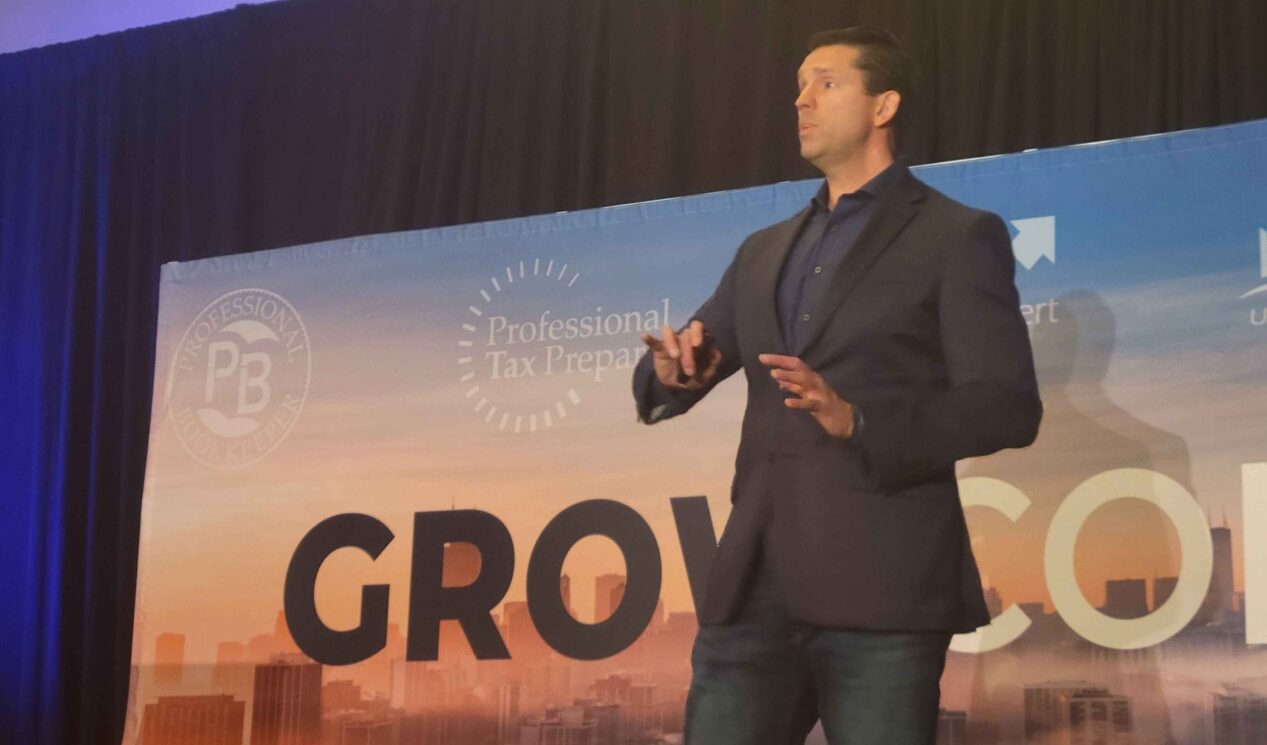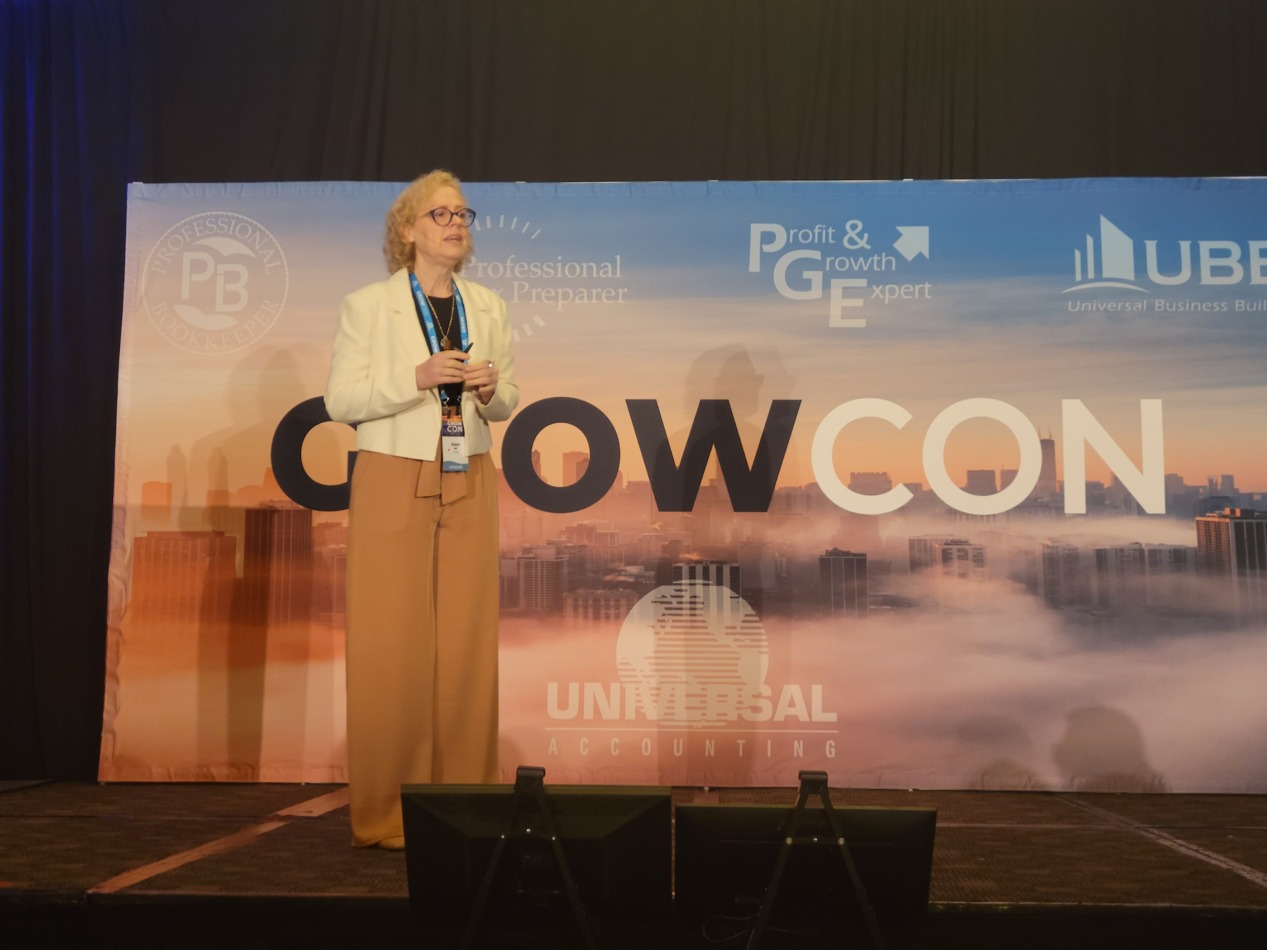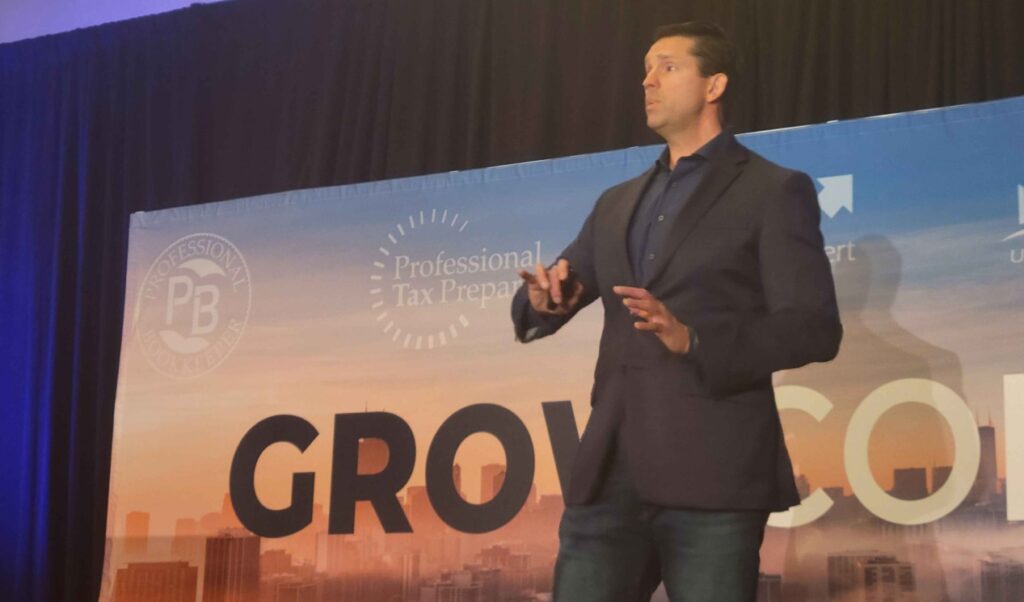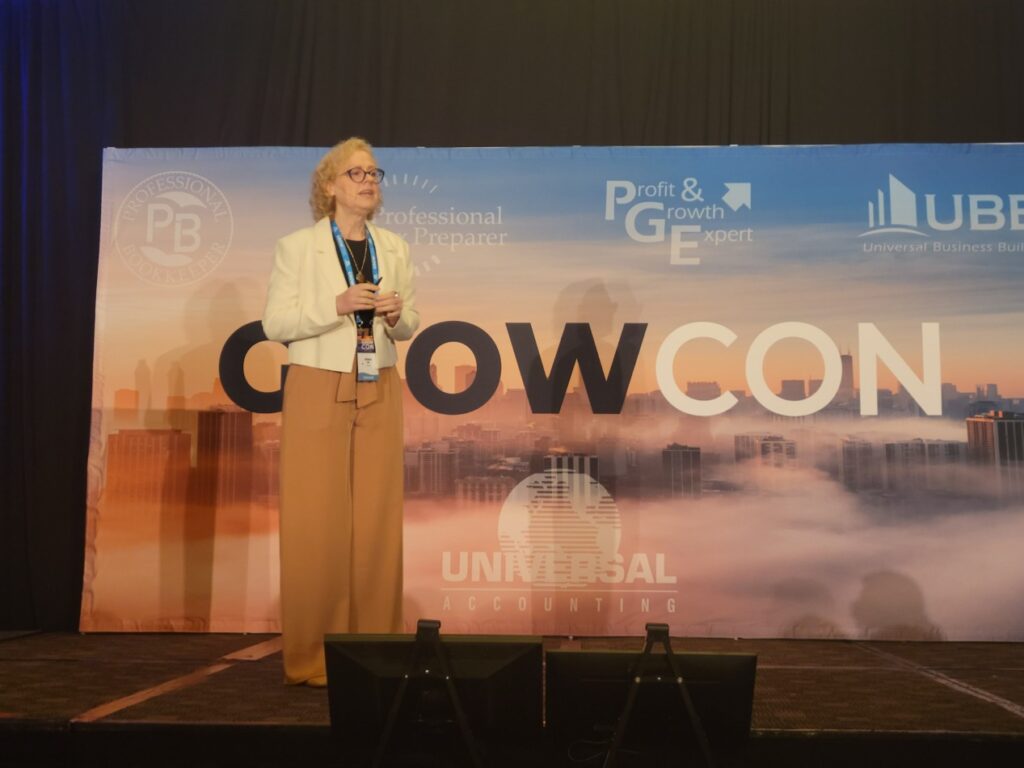For years my dad, a CPA and paid tax preparer, has done the accounting for a local mechanic. In return, the same guy will service and fix his car. They’ve traded services for years in what’s a mutually-beneficial relationship. It works especially well in these tough economic conditions where many professionals are leery of spending significant amounts of money for products and/or services; a trade agreement is usually more appealing.
Financial service provider and UAC graduate, Mike Riberal has found this arrangement works well for him and other service providers. He explains, “In this economy, many business owners are hoarding their money, afraid to spend any real money, fearing that the economy will worsen and not get any better. But BARTERING will work in a tight economy because there is no exchange of cash.”
As an accountant, you provide valuable services that could be traded for just about anything: web design, printing, karate lessons, advertising, plumbing, landscaping, child care, etc. You just need to go into the situation with a solid agreement in place. In an Entrepreneur.com article entitled “Care to Barter?” writer Crystal Detamore-Rodman says that a contract is critical.
You could create your own bartering relationships. If you’ve found professionals you want to trade with, first, consider how much you would charge for the service you will provide. If you generally charge clients $350 per month to do their accounting, you should expect $350 worth of products/services in exchange for one month of your time. That amount could change depending on the length of your agreement and the amount of work you do. For example, the amount would increase if you include tax services. As long as you can both agree to the exchange, a bartering agreement could change your standard of living regardless of the recession and its impact on your local economy.
Detamore-Rodman reminds us that “Bartering is hardly new; an age-old way to trade goods and services, it has moved into the mainstream thanks to professional barter exchanges that provide a venue for swapping goods and services, getting rid of excess inventory, turning downtime into revenue and attracting new business.” As she suggests, if you’re uncomfortable with creating your own trade agreements, you could join a bartering exchange, which includes members interested in exchanging services. Sometimes these groups charge membership fees as well as commission for each transaction. Do your research before selecting this option.
Tough times require creative solutions, and bartering can be a workable solution for you. With a little networking and negotiation, you may find that bartering can become a lucrative exchange.
Read Success Stories about other Universal Accounting Graduates like Mike Riberal
Judy Testori doubled her tax clients after completing the Universal Practice Builder (UPB) program, a UAC course designed to help financial professionals market their accounting and/or tax practices. Mike Kalous had been laid off when he decided to enroll in the Professional Bookkeeper and Professional Bookkeeper’s Guide to QuickBooks courses, and, after his accounting practice got off the ground, he enrolled UPB and the Client Generator programs. Kalous says, “[At] my previous job, I was the assistant controller making about $72,000, and I thought I might make two-thirds of that by myself.” He now earns a six-figure income.
Read more success stories about Universal Accounting graduates on PitchEngine.com. You too could have such a profile after applying Universal principles that will help you achieve true success.
Resources
Detamore-Rodman, Crystal. “Care to Barter? Professional Barter Exchanges Help Businesses Attract New Customers and Boost Sales.” December 2008 Entrepreneur.com










